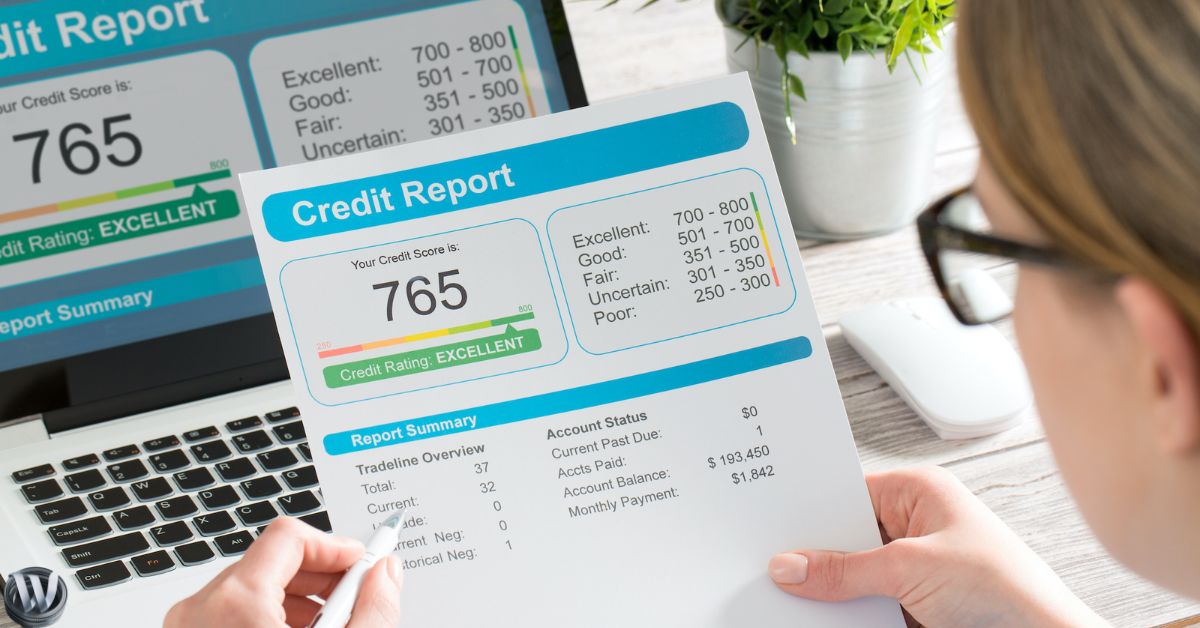An open personal loan will act as the form of quick cash if needed while a closed one – as the source of money that contribute to credit score changes. This means that if you are not cautious, getting a loan means that you may end up under pressure financially due to increased credit utilization level and new debts.
The degree of effort needed to make changes might bring the apprehension of reducing credit score, credit-, loan- and future credit granting. Thus, knowing how personal loans affect the credit score helps to make decisions that will preserve and further enhance the credit situation.
What Is a Personal Loan?
A personal loan is the type of credit you can obtain from bank, credit union or on-line lenders. This is your payment that is paid at a determined time with addition charges that are called interest.
A personal loan can be taken just about for anything; be it to pay for bills, to renovate your home or even to cater for a medical bill. These loans are of fixed interest rate and standard repayment period hence you are conscious of the amount paid monthly.
Personal loans are usually unsecured with the exception that the lenders tend to be secured through your credit reputation in determining whether you can qualify for the loan as well as the rate of interest you will be subjected to.
Read This Blog: Do You Need Auto Insurance if You’re Not Driving?
How Applying for a Personal Loan Affects Your Credit
A hard inquiry is done on your credit profile each time you apply for a personal loan with a credit provider. This inquiry can cause a decrease of your credit score by a few points but it is only a temporary impact. The effect is likely to be more profound if several requests are made concurrently in the period between the inquiries.
However if you are rate shopping and if there are multiple inquiries within a short space of time, then they are considered to be one inquiry. After approval the loan is registered on the credit report of the borrower in terms of the amount borrowed and the agreed repayment period.
How Personal Loans Can Help Your Credit
A personal loan helps to increase the credit score provided that one pays on time as agreed. In a nutshell, being consistent with your payments is a powerful method to prove your lenders that you are a reliable person. These can be positive payment histories that may help your credit to change over time.
In the same regard, a personal loan can also help to expand the credit mix that you have. Consumers who be able to prove to lenders that they own different types of credit can effectively be added to the credit score.
How Personal Loans Can Hurt Your Credit
Defaulting on an installment personal loan is very negative to your credit rating. Delays are recorded at the credit bureaus, and the information may take years to disappear from the public records. This can prove rather disadvantageous to the qualifying of future credit.
Moreover, the ratio of high leverages distresses or harms credit scores. The debt-to-income ratio is likely to be affected, and since this factor is frowned by loaning facilities, your credit score is also likely to drop, and you get viewed as a higher risk.
What Credit Score Do You Need for a Personal Loan?
- Minimum Score Requirement: Most lenders require a minimum credit score of 600 to qualify for a personal loan.
- Good Credit: A score of 670 or higher typically offers better interest rates and terms.
- Excellent Credit: Scores above 740 usually qualify for the lowest interest rates and the most favorable loan terms.
- Fair Credit: If your score is between 600 and 669, you might still qualify but expect higher interest rates.
- Poor Credit: Scores below 600 make it challenging to secure a personal loan, and if approved, the terms will likely be less favorable.
- Other Factors: Lenders also consider your income, debt-to-income ratio, and employment history alongside your credit score.
When to Consider a Personal Loan
Use a personal loan when you’re in need of cash for some purpose, including to consolidate high interest bearing debt or when in need of a one-off expense. It is ideal for individuals with a fixed earning capacity and willing to make the agreed installments every month.
Another reason to look into a personal loan is if you are eligible for a good interest rate thus cheaper than using the credit card. However, you need to check your capacity to repay the loan on time in order not to have a strain on your credit score.
Alternatives to Personal Loans for Building Credit
In case you are looking to establish credit, a secured credit card is better for you. A secured card works in the way you deposit a certain amount that will be the credit line you shall be having. Applying it properly assists in enhancing your credit score; without necessarily accumulating lots of credit.
Another type of available loan is called credit-builder loan and its main function is to assist in credit construction. You deposit into a savings account and repay the loan and credit reference is made to credit bureaus, improving your score in the process.
Frequently Asked Questions
Can I get a personal loan with bad credit?
Yes, but you may face higher interest rates and stricter terms. Some lenders specialize in loans for those with bad credit.
How long does it take to get approved for a personal loan?
Approval can take anywhere from a few minutes to a few days, depending on the lender and your financial profile.
What can I use a personal loan for?
You can use a personal loan for almost any purpose, such as debt consolidation, medical bills, home improvements, or large purchases.
Does applying for a personal loan hurt my credit?
Yes, a hard inquiry is performed when you apply, which can temporarily lower your credit score by a few points.
Can I pay off a personal loan early?
Yes, most personal loans can be paid off early, but check if your lender charges a prepayment penalty.
Conclusion
It is important to know how a personal loan impacts on ones credit score, in order to avoid falling into a wrong decisions. Although personal loans provide the means to deal with expenses, to consolidate debt and even to diversify credit, they also have associated risks.
If made on time, it has a positive effect on credit rating while if missed or taken to indulge in too much borrowing, then it has a negative effect on credit rating. Before you apply for this loan, ensure you go through some considerations of your financial status and whether you will be able to pay back the loan.
Take into account all the possibilities if the primary concern is to establish or reconstruct credit. Comparatively, managing a personal loan appropriately, you can turn it into a tool that will work for you while not damaging you in the process. Just bear in mind that being able to borrow responsibly is one way of preserving if not enhancing the status of your credit score.










